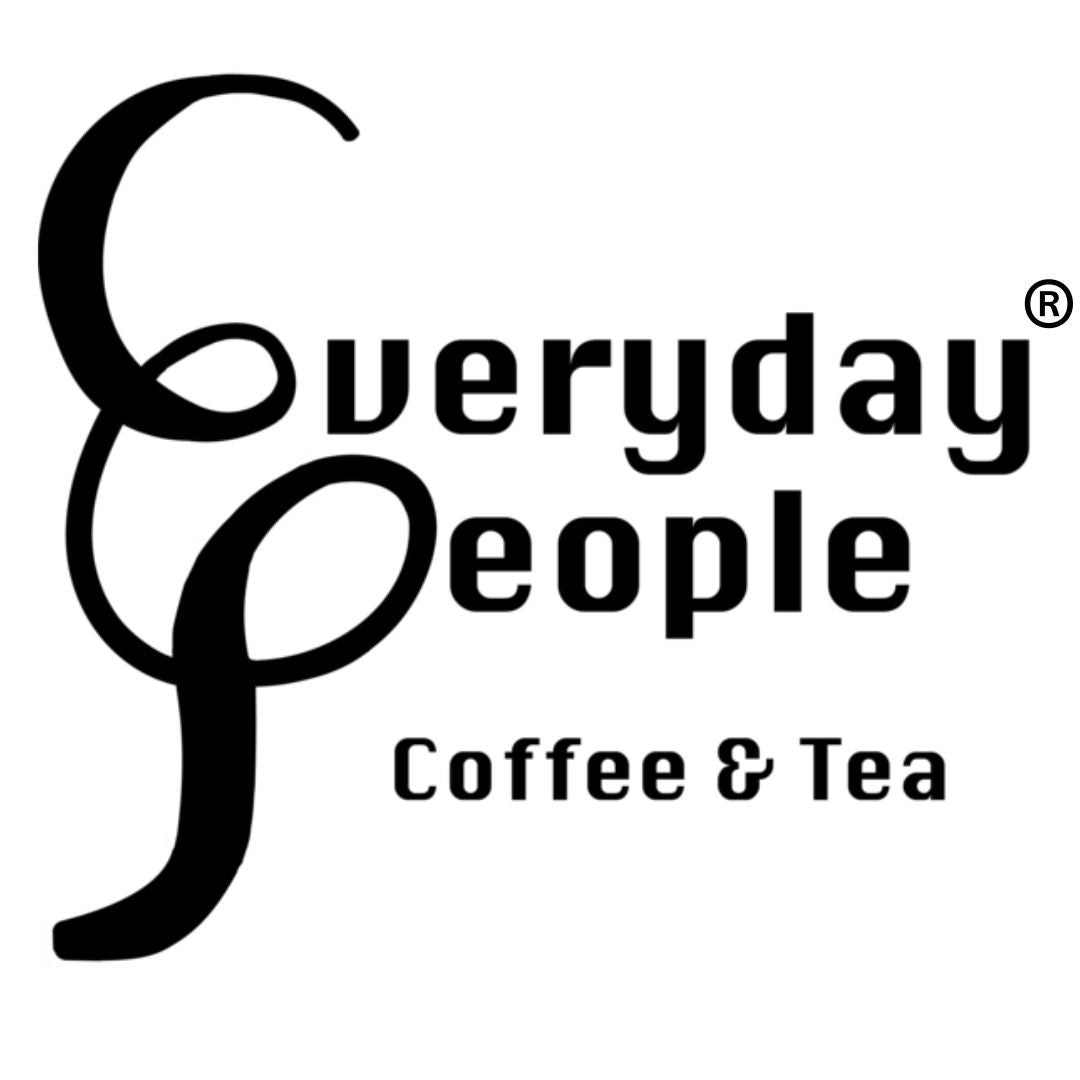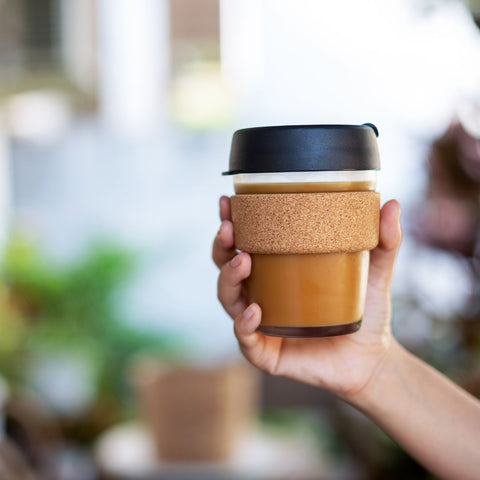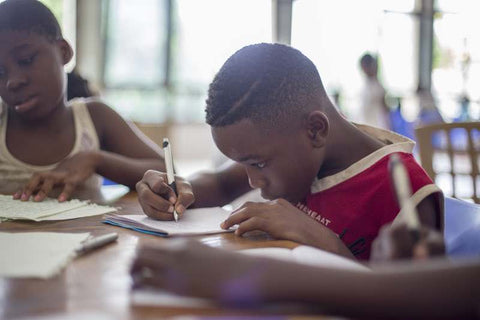With the effects of climate change worsening each year, many more people are becoming cognizant that our extreme consuming lifestyle must change. Our coffee habits are no different.
There are many incredible sustainability initiatives happening on the farm level for coffee -- in fact, about $350 million was spent on sustainability initiatives in producing regions. A sustainable farming practice is a cultivation method that benefits the earth and future generations. It supports the biodiversity and soil health of its environment, as well as the farmer’s community. It also includes standards to ensure good working conditions and fair wages for farmworkers and even additional programs that support the needs of the community, like education or health care support for the community. Some sustainable coffee farms are reusing coffee husks as heating fuel or minimizing water consumption, such as reusing processing water for irrigation. All sustainability measures are necessary for reversing the damage done by cultivating coffees in ways that destroy the environment.
For customers, a more sustainable coffee lifestyle looks like: thinking twice about the coffee we are buying, brewing coffee with minimal waste, and reducing our single-use items when we order coffee outside our homes.
Better Coffee Choices
Consumers can make better coffee choices to support a more environmentally friendly industry through choosing a sustainably-sourced, high-quality coffee. These choices can have a major impact on the global ecosystem. Conscious shopping looks like checking for certifications like organic and fair trade. Organic certifications indicate that the coffee was grown without the use of synthetic pesticides that might be harmful to the overall environment, and fair trade certifications tell the consumer that farmers were paid a premium over the market price for their coffees.
There are also other labels that coffee consumers can look for on their bags of coffee or on a coffee company’s information. The customer can check if the coffee is shade grown or bought through direct trade. Shade grown coffee is a more sustainable way of growing coffee than methods that maximize farm productivity, like the full-sun monoculture, usually used for growing commodity coffees. The full-sun plantations have degraded the environment over the years and have utilized more resources than shade grown coffee. Shade-grown coffee methods, based on more traditional ways of farming coffee, promote biodiversity, prevent soil erosion through the shade trees extensive root network, provide nutrients from fallen litter, and decrease the amount of carbon in the air through fixation by plant tissues. Direct trade is an indicator that the coffee company works with the coffee farmers themselves to either set premium prices or even collaborate to support the farmers’ community.
A sustainable farming practice is a cultivation method that benefits the earth and future generations, and by choosing coffees that align with sustainable practices, we can support a better future for everyone.
More Sustainable Habits
Brewing coffee sustainably
We can also support a more environmentally-friendly future by changing our coffee brewing habits. Instead of brewing with single-use coffee pods, we can look into investing in a reusable pod that won’t end up in a landfill after just one use. If we brew with filters, we can either recycle or compost the paper filters or look into buying a reusable metal filter instead. There are also many brewing methods that don’t utilize any filters at all -- like French Press, espresso, the Clever, or Moka pots.
After brewing, we can look at repurposing our coffee grounds for something else. Dumping coffee in the landfill means that those coffee grounds will produce methane, a harmful greenhouse gas. We can compost the coffee or use it as fertilizer for our gardens. You can also use coffee grounds as a body scrub to exfoliate dead skin from your body. The journey for coffee doesn’t have to stop in your cup or the landfill.
The coffee lifestyle usually comes along with packaging, so we can be diligent in either recycling or composting any coffee bags or packaging that we come across.
Sometimes, we have to take our coffee outside of our home bar, so we can lead a more sustainable coffee lifestyle through replacing most or all of the single use items that we might use such as: cups, cup sleeves, lids, napkins, or straws. If we do end up using a single use item, we can dispose of it responsibly.
Understanding the process and mechanism of how coffee has been carefully tended by people all across the world, we at Everyday People Coffee and Tea source sustainable, single origin coffees from farmers, ensuring that those farmers are also provided equitable wages to sustain a livelihood that depends on the coffee trade. We are deeply committed to sourcing quality beans to produce our premium coffees. Our coffee is roasted in a registered and approved FDA facility adhering to sustainable practices.
Let us know how your coffee journey is going at our Instagram @everydaypeople_coffee or our contact form!



